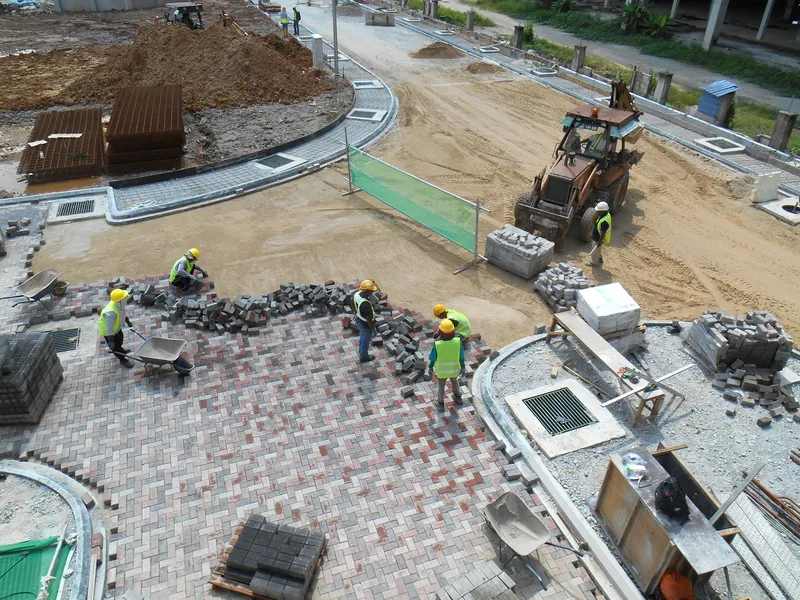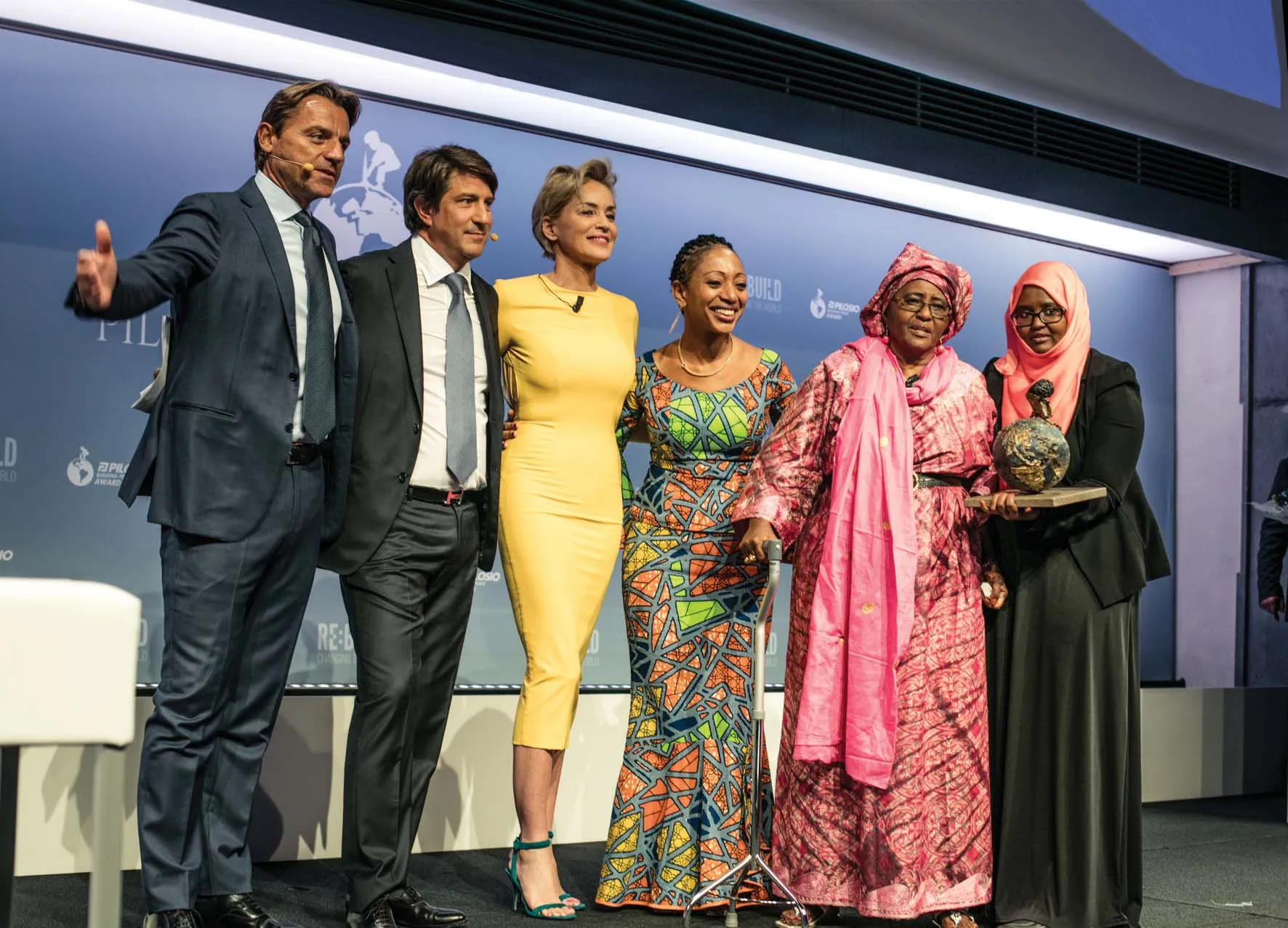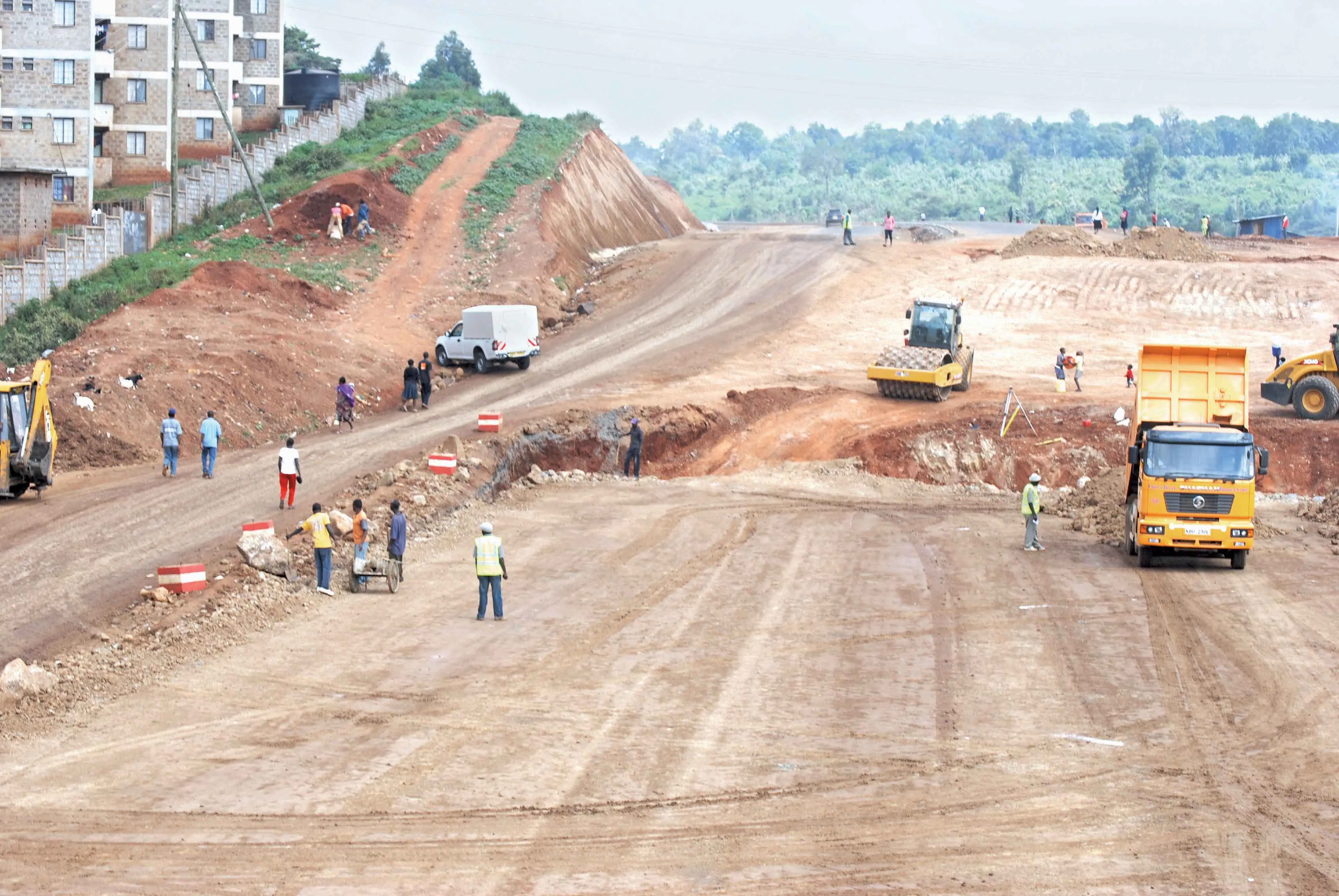
Around US$67.6 million has been set aside by the government of Malaysia to award small-scale Bumiputera contractors with federal road maintenance projects in 2024.
Bumiputera or bumiputra is a term used in Malaysia to describe Malays, the Orang Asli of Peninsular Malaysia and various indigenous peoples of Eastern Malaysia.
According to a report in the New Straits Times, the contractors will be offered the works through a balloting process, said Alexander Nanta Linggi. Malaysia’s works minister.
Out of the total, 122 projects in Sabah, Sarawak and Labuan will receive $21.25 million and rest will be earmarked for 336 projects in Peninsular Malaysia.
Last December, the New Straits Times reported that at least 70% or 90,000 out of 140,000 Bumiputera contractors nationwide were in financial difficulty because of fewer government projects. The contractors reportedly said fewer tenders were being opened, a result of years of government changes which led to some projects being delayed or cancelled outright.









